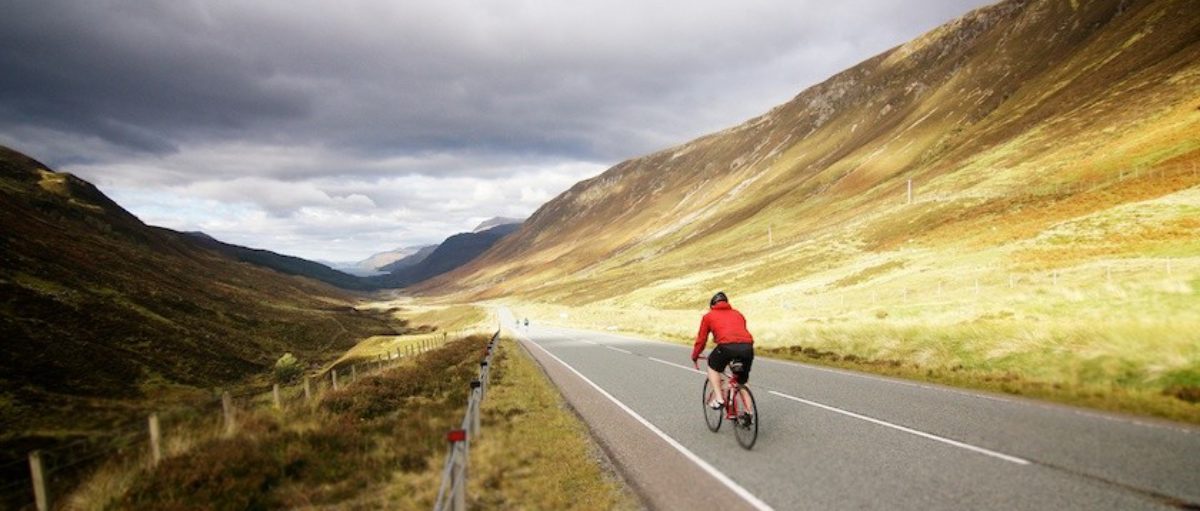I live in a part of the world that was  among the last regions to be understood by geographers. There are some who argue that Sir Francis Drake ventured as far north as British Columbia during his global circumnavigation voyage in the late 1500s, but it is more commonly accepted that Spanish explorers were the first Europeans to chart this coastline, sailing north from their outposts in Mexico in the early 1700s.
among the last regions to be understood by geographers. There are some who argue that Sir Francis Drake ventured as far north as British Columbia during his global circumnavigation voyage in the late 1500s, but it is more commonly accepted that Spanish explorers were the first Europeans to chart this coastline, sailing north from their outposts in Mexico in the early 1700s.
 I have a copy of an old map dated from 1745 that labels this part of the world as “Parts Unknown” and shows California as an island. Although it was confirmed by 1700 that Baja California was a peninsula, the common notion of it being an island was perpetuated in many maps until 1747 when King Ferdinand VI of Spain officially acknowledged its connection to the mainland. (Until that time the Spanish had kept secret their geographic knowledge of the west coast, in part to protect their hold over the region from their enemies – particularly the English.)
I have a copy of an old map dated from 1745 that labels this part of the world as “Parts Unknown” and shows California as an island. Although it was confirmed by 1700 that Baja California was a peninsula, the common notion of it being an island was perpetuated in many maps until 1747 when King Ferdinand VI of Spain officially acknowledged its connection to the mainland. (Until that time the Spanish had kept secret their geographic knowledge of the west coast, in part to protect their hold over the region from their enemies – particularly the English.)
One consequence of the relatively recent “discovery” of this region is that it is not overly populated. My roots here go back to the 1890s, when my grandfather’s family arrived from Newfoundland. At that time the total population of non-indigenous people in BC was under 100,000 – scattered across an area almost twice the size of France. Today the population is nearly five million, well over half of whom live in the southwestern corner of the province.
Another consequence of its recent emergence as a known place in the world is that BC still encompasses vast regions of largely undisturbed wilderness. I think about this whenever the proposal to build an oil pipeline from Alberta’s oil sands to BC’s central coast is discussed. Such a project would intrude heavily – with roads, services and human population – into a region that has not seen any real change since the end of the last ice age. It may be a romantic and idealistic notion, but I think it’s worth preserving some of our pristine areas from the onslaught of economic development.

